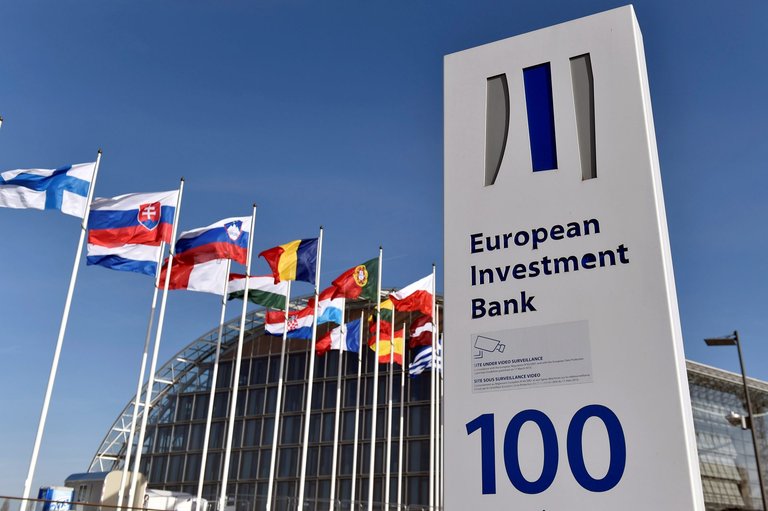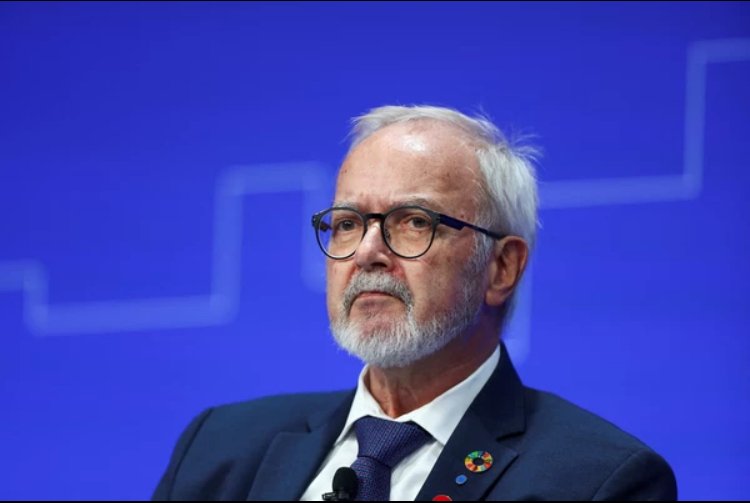Former European Investment Bank president under investigation for fraud
The Scandal of Werner Hoyer and Its Implications for European Integrity
The recent scandal involving Werner Hoyer, the former president of the European Investment Bank (EIB), has sent shockwaves through the financial and political sectors of Europe. Hoyer, once a respected figure in European finance, now finds himself at the center of a fraud investigation that has tarnished his reputation and raised serious concerns about corruption within one of Europe's most important financial institutions.

Werner Hoyer's tenure as president of the EIB, from 2012 to 2022, was initially marked by significant achievements. He oversaw numerous projects aimed at fostering economic development across Europe, particularly in less developed regions. However, revelations of fraudulent activities have overshadowed these accomplishments. Hoyer is accused of engaging in a series of fraudulent schemes that involved misappropriation of funds, falsification of financial records, and manipulation of investment decisions for personal gain. These allegations, if proven true, represent not just a personal failure but a profound breach of the trust placed in the EIB by European citizens.
Corruption at this level is particularly egregious given the role of the EIB in Europe's financial landscape. The EIB is not just another bank; it is the EU's financing institution, dedicated to promoting sustainable investment in infrastructure, innovation, and development. Its mandate is to support projects that align with EU policy goals, including climate action, social cohesion, and economic growth. When the head of such an institution engages in fraudulent activities, it undermines the very foundation of trust and integrity upon which the bank operates.

For the average European, this scandal is not just a matter of financial misconduct; it is a moral outrage. The funds managed by the EIB are, in essence, the collective resources of the European Union's member states, contributed by taxpayers who expect transparency and accountability. Corruption in this context is seen as a direct betrayal of public trust and a blatant disregard for ethical standards. It perpetuates a sense of disenfranchisement among citizens, who may already feel disconnected from the complex and often opaque mechanisms of EU governance.
Moreover, corruption at such high levels has broader implications for European society. It erodes public confidence in institutions designed to serve the common good and can lead to a pervasive sense of cynicism and disillusionment. For a continent that prides itself on democratic values, rule of law, and social justice, such scandals are not just financial or administrative failures; they are moral failings that strike at the heart of European identity.
The case of Werner Hoyer serves as a stark reminder of the need for rigorous oversight, transparency, and ethical conduct in all levels of governance and finance. As Europe continues to navigate complex economic and political challenges, the integrity of its institutions must remain a paramount priority. Only through unwavering commitment to these principles can the EU restore faith among its citizens and ensure that the despicable acts of a few do not tarnish the aspirations of the many.
Sincerely,
Pele23
Keep up the good work. 👏
You are loved. 🤗 + u deserve the best. 💪
Curated by Mystic artist Gudasol
Interested to to help me spread more positivity (musically) on Hive?.